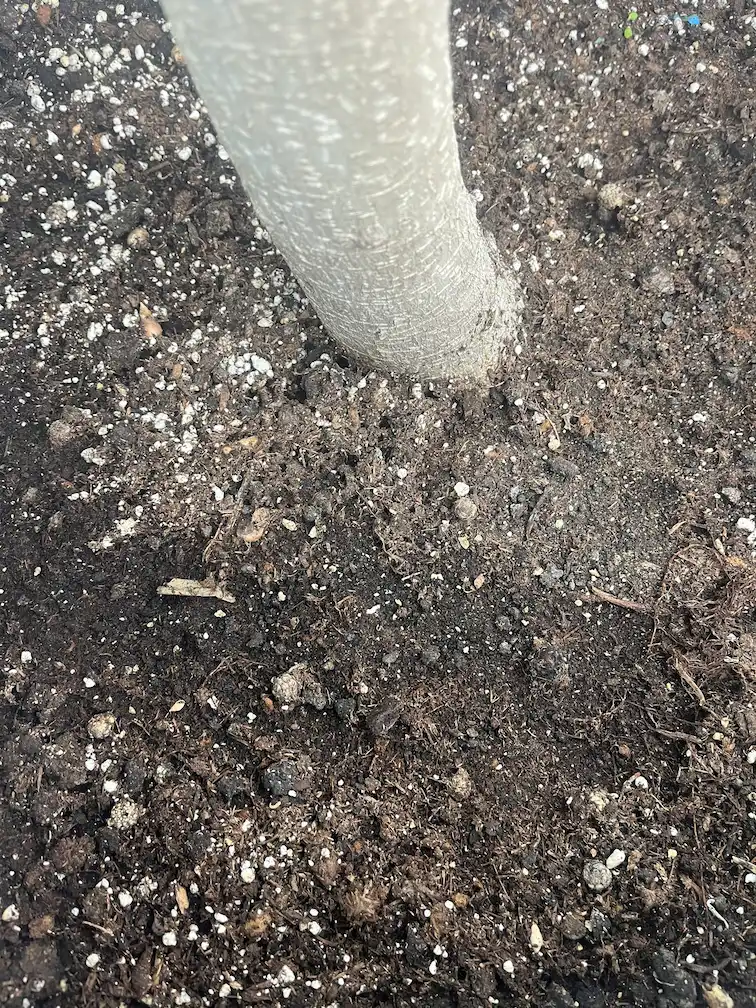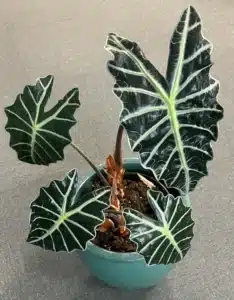

How to Fertilize an Organic Garden
Organic farming involves abstaining from synthetic and artificial products, making it a traditional, environmentally friendly, and 100% natural form of agriculture. Despite its ecological principles, organic farming still requires periodic fertilization. In the case of organic agriculture, the fertilizer must also be organic to maintain the conditions of the organic garden and achieve an equally organic harvest. If you’re eager to learn how to fertilize an organic garden check out the guide below.
What is Organic Fertilizer?
In the process of best practices of organic farming, organic fertilizers avoid synthetic and artificial products to provide the minerals and nutrients necessary for plant growth. To produce organic fertilizers, you need to choose options that are natural from the start. Unsurprising, the use of organic fertilizers dates back to the invention of agriculture. But since the 19th and 20th centuries when chemical fertilizers were introduced, caused organic fertilizers take a back seat.
Producing organic fertilizer requires only organic matter (whose origin must also be organic) adapted for use as fertilizer. Traditional examples include using livestock manure or compost, allowing the creation of large quantities of organic fertilizer by reusing waste from other activities.
When manufacturing organic fertilizers, it’s crucial to ensure that all raw materials used are also organic. For instance, if using livestock manure, the animals should have been fed organic feeds. This is because the primary goal of organic farming is to eliminate synthetic substances. If livestock is fed artificial feeds, these synthetic substances remain in their manure. If this manure is used to fertilize a garden, these synthetic substances would transfer to the agriculture, rendering it non-organic. It’s a simple yet essential distinction when learning how to fertilize an organic garden.
How to Obtain Organic Fertilizers
1. Buying Organic Fertilizers
There are various ways to obtain organic fertilizers. Broadly, you can either purchase them ready-made or prepare them yourself. Purchasing from an agriculture or gardening store is one of the simplest ways. Several companies produce organic fertilizers on a large scale. If you want a quick yet organic option for fertilizing your organic garden, this is the easiest route. Ensure you read the label carefully to confirm it’s labeled and composed as organic fertilizer, typically using ingredients like organic compost.
2. Making Organic Fertilizers
On the other hand, if you prefer making your own fertilizer, you have several options. You can connect with an organic livestock farmer to collect surplus manure for use as fertilizer. Alternatively, you can create your own organic compost in a designated area or opt for green manure. Green manure involves burying plant residues (usually green leaves) in fallow soil, allowing them to decompose directly in the garden. While more labor-intensive, it is still an effective method for fertilizing an organic garden.
Fertilizing an Urban Organic Garden - How to Guide
For small organic gardens, especially in urban settings where obtaining traditional organic fertilizers might be challenging, there are alternative options.
1. Compost Infusion
- Place organic food scraps in a cloth bag.
- Submerge the bag in a container of water for several days.
- The resulting dark, odorous water is rich in minerals and beneficial microorganisms.
- Use this water as irrigation for your garden to provide essential nutrients to the plants.
2. Accelerated Compost Infusion
- Boil organic food scraps in a pot.
- Let the water cool completely.
- Use the water as irrigation, having accelerated the infusion process while retaining beneficial minerals.
3. Organic Waste Blend
- Blend organic food scraps in a blender until you get a homogeneous paste.
- Mix this paste with the soil in your cultivation area.
- After a few days, you can plant any desired crops, benefiting from nutrient-rich soil.
In conclusion, whether you choose to buy organic fertilizers or make them yourself, there are various options for fertilizing an organic garden. Be mindful of the organic origin of all components, and your efforts will contribute to a thriving and truly organic harvest.



